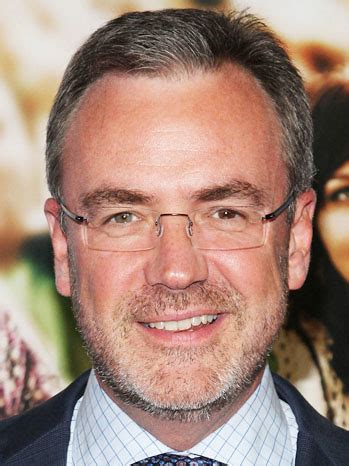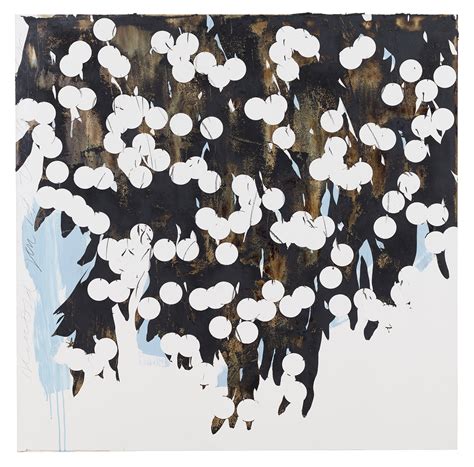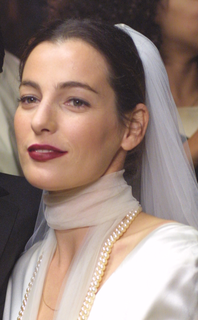A Quote by Michael Gerber
Strategic Work is all about the big questions: Who? What? When? Where? Why? Tactical Work is all about answers: This is the system we use to do each task. This is how we do it, how we measure it, how we monitor it.
Related Quotes
The big message is that we need to reimagine and re-engineer how we work - what does work mean and how do we measure what's good? The second thing we need to reimagine is our relationships - who does what and why? One of the biggest things that has helped me and my husband is coming up with a common set of standards about what it takes to run our house, what is a fair way to divide tasks, and how are we going to keep each other accountable?
I won't call my work entertainment. It's exploring. It's asking questions of people, constantly. 'How much do you feel? How much do you know? Are you aware of this? Can you cope with this?' A good movie will ask you questions you don't already know the answers to. Why would I want to make a film about something I already understand?
I'm not one of these guys who begins the day thinking about what kind of an impact I can have. I instead think about it as what kind of work are we going to do today, how can we make the broadcast better, how can we work as a team, how can we draw on the resources of CBS overall and use them to make the 'Evening News' that much stronger.
When you talk about what you want and why you want it, there's usually less resistance within you than when you talk about what you want and how you're going to get it. When you pose questions you don't have answers for, like how, where, when, who, it sets up a contradictory vibration that slows everything down.
Attention is like energy in that without it no work can be done, and in doing work is dissipated. We create ourselves by how we use this energy. Memories, thoughts and feelings are all shaped by how use it. And it is an energy under control, to do with as we please; hence attention is our most important tool in the task of improving the quality of experience.
...the geometrician teaches me how to work out the size of my estates rather than how to work out how much a man needs in order to have enough....You geometers can calculate the area of circles, can reduce any given shape to a square, can state the distances separating starts. Nothing's outside your scope when it comes to measurement. Well, if you're such an expert, measure a man's soul; tell me how large or how small that is. You can define a straight line; what use is that to you if you've no idea what straightness means in life?
[in 1998] I know my political ideas affect what I write but I've tried to follow the facts wherever they land. Every topic I've written about begins as a question. How do police departments behave? Why do bureaucracies function the way they do? What moral intuitions do people have? How do courts make their decisions? What do blacks want from the political system? I can honestly say I didn't know the answers to those questions when I began looking into them.






































